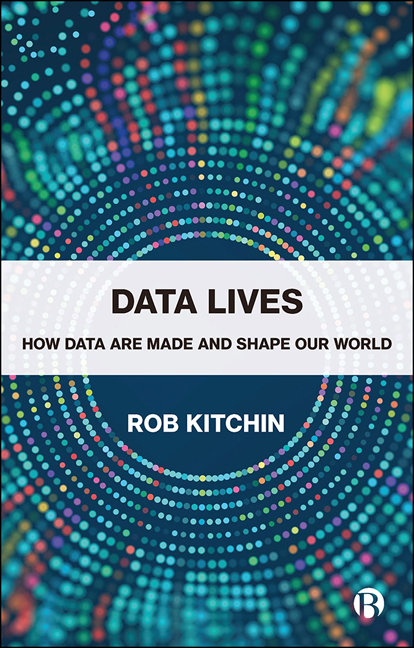22 - When a Country Ignores Its Own Data
Published online by Cambridge University Press: 05 January 2022
Summary
‘Are you trying to destroy the country?’
‘I’m just quoting your data back to you.’
‘To what end? To halt development and crash the housing market!’
I hadn’t anticipated that a data story might cause so much venting of anger. Especially when development had already halted and house prices were 30 per cent lower than they had been 18 months previously. The woman shouting at me worked for a county council. Earlier that day, I’d published a blog post in which I estimated how long it would take to clear the housing oversupply in each local authority. The press was now hounding her so she was passing on the grief.
In the previous couple of days, I’d had similar exchanges with people working in banking, property development and real estate about earlier posts. Some of them had been pretty hairy, with abusive language and threats. The following day, after a caller hadn’t waited to be transferred but simply hurled insults at one of the Institute administrators, my phone was diverted to the university press office. It remained re-routed for two more weeks.
I had thought my posts about the state of property in the country were providing some much-needed insight. Journalists seemed to think so, or at least saw an opportunity to use my analysis to heap more scorn on the government, and I’d done a number of interviews for newspapers, radio and TV. And that was, no doubt, the problem. The last thing vested interests wanted was some clarity about the scale of the problem they’d created and this to be broadcast to the general public. Ireland was in deep trouble and my analysis was identifying causes and predicting that the situation was going to get worse.
At the start of 2006, Ireland’s Celtic Tiger economy was booming. The country was at full employment, jobs were continuing to be created and wages were growing steadily. Cranes dominated the skyline in Dublin and other cities as office complexes, shopping centres and apartment blocks multiplied. House building was on course for a record year of units completed. The new stock was needed. Given the growing economy, returning Irish emigrants and new immigrants, plus natural increase, were expanding the population.
- Type
- Chapter
- Information
- Data LivesHow Data Are Made and Shape our World, pp. 175 - 182Publisher: Bristol University PressPrint publication year: 2021

